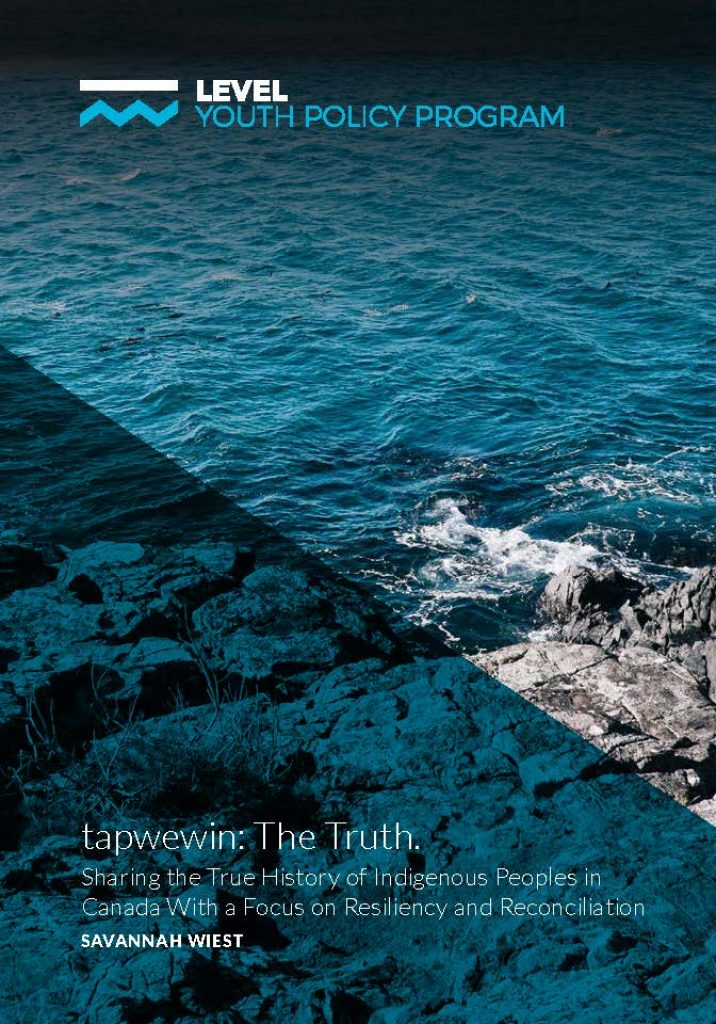The history of Indigenous people’s interactions with residential schools, Indian hospitals, and the long-term effects of colonization has not been previously taught in mainstream Western academia. Lack of education on this subject has resulted in stereotyping, racism, and discrimination against Indigenous peoples, both individually and systemically. The lack of this history being included in mainstream academia has resulted in individuals denying the existence of the schools, let alone the extent to which they irreparably damaged the lives of Indigenous peoples. It has also resulted in people trying to reinforce the idea that these schools were a positive experience for students and that good came from them. It’s not uncommon to find that an older generation is stuck in a mentality based around bias, stereotyping, and blatant racism. Although there is no excuse for this behaviour, I do believe a lot of it stems from a lack of education. We have a responsibility to acknowledge and teach the truth. As said by Pamela Agawa, a curriculum coordinator for First Nation, Métis, and Inuit education (FNMI) at York Region District School Board in Ontario, we need to figure out the truth for ourselves: “What biases do we carry; what learning do we need to do to better understand the true history of the country?” (Schiedel, 2018).
The role that leaders have in Reconciliation is to bring an awareness of the history of colonization and the long-lasting effects of intergenerational trauma, including Residential School Syndrome. This is defined as the result of children experiencing trauma, physical and emotional abuse, shame, neglect, feelings of abandonment, marginalization, and racism. When all of that is unresolved, those experiences and emotions become internalized. Those emotions manifest into depression, anxiety, addiction, suicidal inclinations, rage, and mental illnesses (Indigenous Corporate Training Inc., 2014). There is a need for insurgent education as an important part of the anti-colonial struggle and the pedagogies of decolonization. Insurgent educators will exemplify Indigenous forms of leadership by relating their struggles for Indigenous resurgence to a broader audience using innovative techniques to inspire activism and reclamation of Indigenous histories (Corntassel, 2011). Leaders in Reconciliation also need to help restore the balance of power when it comes to decision making. The decision-making process has fallen into the hands of Canada for too long.


